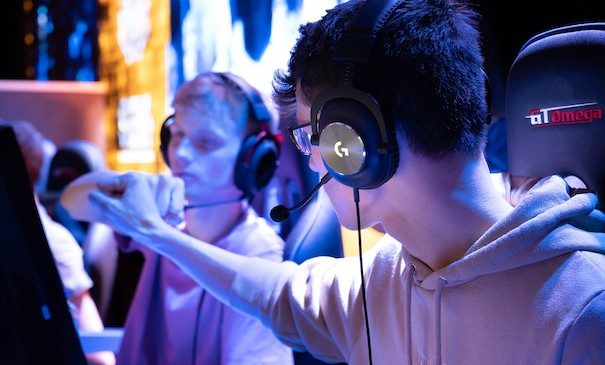Ahead of Esport Insider’s ‘Betting on Esports’ conference, Strive Sponsorship Managing Director, Malph Minns, was asked his opinion on the main differences between sport and esports sponsorship, and how it will evolve in the future.
ESI: Why did you decide to speak at Betting on Esports?
Malph: In my world of sport and entertainment sponsorship, betting companies traditionally make a substantial contribution to the overall market. In sport, especially football, the market is saturated and so betting companies are looking at emerging passion points as a way to attract new customers and differentiate themselves from the crowd. Esports is one of those areas being looked at and with Strive’s background in traditional sports, mixed with our growing reputation in esports and experience of working with betting companies in the past, we’re well placed to add value to the day’s discussion and help advise them on how objectives may be achieved.
ESI: Yourself and Strive have been involved in sponsorship not only across esports but also in several other industries. What’s been the biggest difference you’ve seen with esports projects?
Malph: The biggest difference is the structure, ecosystem and instability of esports. By that I mean it’s currently extremely fragmented and cluttered, making it difficult to comprehend for those within the industry, let alone those looking to invest from outside. In addition player movement and teams being founded and folding is far more fluid. There is more order in traditional sport, and independent bodies that control things, a result of being more mature as a commercial entity.
Having said that, we’re already starting to see (at the top level of esports) structure starting to formulate, both with the LCS and Overwatch Leagues. Which brings me on to another major difference, the influence of games publishers through IP ownership. No one owns football like Riot own League of Legends and growing publisher influence will increasingly have an impact on all areas of esports as its role continues to change from being seen as a customer retention strategy, to a new revenue stream.
Whether it’s what competitions teams compete in, governance rulings, participation agreements, control of acceptable sponsors etc. This level of control and influence doesn’t exist elsewhere. Anyone can set up a football competition and commercialise it, they just have a competition/game rule set to follow. That’s not the case in esports, and the constraints non-publisher businesses will need to work under, and the costs of doing this, will only increase going forward, especially at the top level of esports. That’s why we’re starting to see people developing propositions at a national, rather than international, level – it’s cheaper.
For the full interview on Esports Insider, click here.
If you would benefit from the advice of an esports agency, Strive Sponsorship can help. Contact us for esports sponsorship, commercial, content, operations, investment and communications consultancy services.













